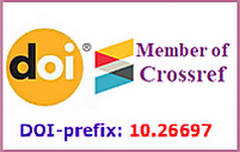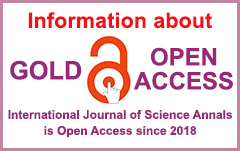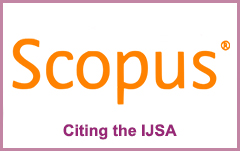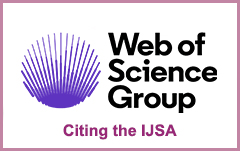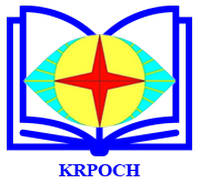| 1 Argentina Information Quality, Argentina |
Abstract
Writing a thesis or a research proposal poses enormous challenges especially in these times of information superabundance. In addition, the positive side is that we have a lot of information to use during our research. The other phenomenon to take into consideration is the misinformation and how it could affect our research. Again, we can overcome this difficulty by applying structured research methods. The methodology proposed here starts with understanding the research problem applying the systemic thinking; then looking for information with mapping studies; evaluating the publications obtained with information quality tools; testing multiple hypothesis at the same time; and finally, if needed preparing a Gantt chart to plan the research. All these methodologies when together highlight the positive side of the synergies while minimize the impact of the cognitive bias. The aim of the study – to describe the importance of having a structured tool to write a thesis or setting up a research project. The proposal presented here is a problem-solving course that includes five methodologies: systems theory, mapping studies, information quality, and competing hypothesis, plus the Gantt chart. When they are used in sequence, it is possible to obtain outstanding results and also the process is auditable in its whole extension.
Doran, G. T. (1981). There’s a S.M.A.R.T. way to write management’s goals and objectives. Management Review, 70, 35–36. https://community.mis.temple.edu/mis0855002fall2015/files/2015/10/S.M.A.R.T-Way-Management-Review.pdf
Espona, M. J., & Fisher, C. (2015, November 5-7). Teaching information quality to professionals in intelligence government agencies [Paper presentation]. Information Systems Education Conference (ISECON), Orlando, FL. https://www.isecon.org/ISECON2015ProgramGuideFinal.pdf
Genero, M. B., Cruz-Lemus, J. A., & Piattini, M. G. V. (2015). Métodos de investigación en ingeniería del software [Research methods in software engineering]. Ra-Ma. https://190.57.147.202:90/xmlui/handle/123456789/2525 [in Spanish]
Heuer, R. J. (1999). Psychology of intelligence analysis. Center for the Study of Intelligence. https://www.ialeia.org/docs/Psychology_of_Intelligence_Analysis.pdf
Kitchencham, B., Pretorius, R., Budgen, D., Brereton, O. P., Turner, M., Niazi, M., & Linkman, S. (2010). Systematic literature reviews in software engineering – A tertiary study. Information and Software Technology, 52(8), 792–805. https://doi.org/10.1016/j.infsof.2010.03.006
Von Bertalanffy, L. (1968). General systems theory: Foundations, development and applications. George Braziller. https://monoskop.org/images/7/77/Von_Bertalanffy_Ludwig_General_System_Theory_1968.pdf
Wang, R. Y., & Strong, D. M. (1996). Beyond accuracy: What data quality means to data consumers. Journal of Management Information Systems, 12(4), 5–33. https://www.jstor.org/stable/40398176
Espona Maria Jose – https://orcid.org/0000-0002-0719-0148;
| |
APA
Espona, M. J. (2021). Interdisciplinary integrated tools to problem solving: How to apply to writing a thesis and planning a research. International Journal of Science Annals, 4(2), 47–49. https://doi.org/10.26697/ijsa.2021.2.5
Harvard
Espona, M. J., 2021. "Interdisciplinary integrated tools to problem solving: How to apply to writing a thesis and planning a research". International Journal of Science Annals, [online] 4(2), pp. 47-49. viewed 25 December 2021, https://culturehealth.org/ijsa_archive/ijsa.2021.2.5.pdfVancouver
Espona M. J.. Interdisciplinary integrated tools to problem solving: How to apply to writing a thesis and planning a research. International Journal of Science Annals [Internet]. 2021 [cited 25 December 2021]; 4(2): 47-49. Available from: https://culturehealth.org/ijsa_archive/ijsa.2021.2.5.pdf https://doi.org/10.26697/ijsa.2021.2.5







